:format(jpg)/prod01/channel_3/assets/media-centre/Early-Start-HDR-Scholars-2023-499X281.jpg)
In safe hands
The scholars shaping the future for early childhood education
December 19, 2023
Meet Higher Degree Research scholars from UOW's Early Start and discover the 'why' behind their research
UOW’s Early Start is a dynamic research centre dedicated to transforming outcomes for children, their families, and communities through innovative, multidisciplinary research. Early Start has a vibrant community of Higher Degree Research scholars who are vital in shaping the future for early childhood development, health, and education. Here are just a few of those dedicated students.
Andrew Woods
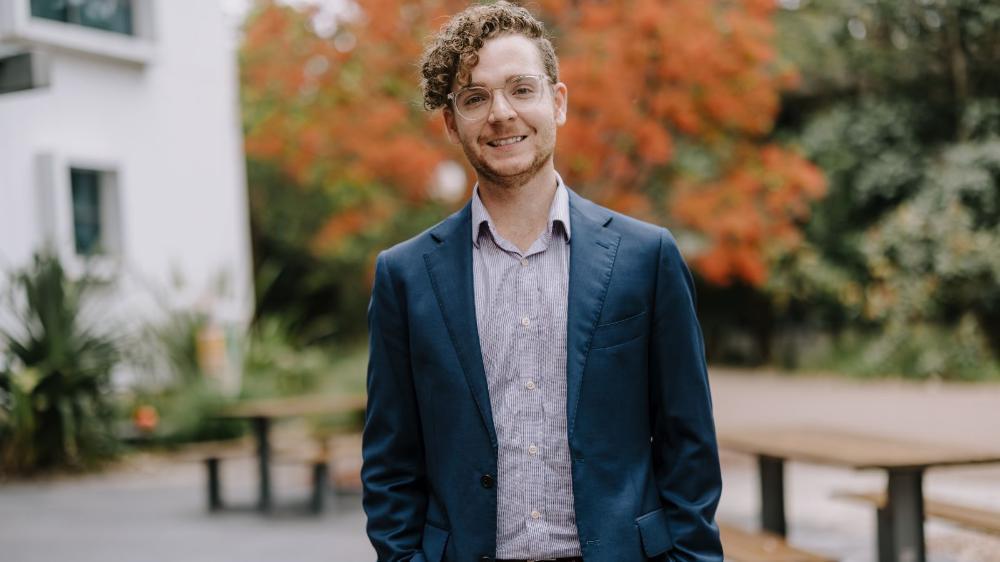
What is your research about?
I am researching the physical activity, sedentary behaviour, and healthy eating environments of Out of School Hours Care (OSHC) services. I have conducted an observational audit of these environments in before school care services and co-designed a professional development program for OSHC staff. The professional development aims to educate and upskill staff in promoting physical activity and healthy eating within OSHC; and involves three hours of in-person training followed by four weeks of ongoing support. It was recently pilot tested in services and is currently being evaluated. NSW Health are key partners in my research and have been closely involved.
Why is this important to you?
As a former health promotion officer for NSW Health working on the Healthy Children Initiative, I understand firsthand how important physical activity and healthy eating is for child health. Structured environments out of the home such as childcare and schools offer excellent opportunities to educate and promote healthy choices in our future generations. OSHC services in Australia do an excellent job caring for children aged 5-12 years, and further support can ensure they maximise the health promoting opportunities of children who use the sector.
What impact do you hope your research will have once it’s finished?
Plans are underway for a future PhD candidate to test this professional development intervention on a larger scale. As NSW Health are key partners of this research, the intervention will hopefully be translated into policy and become a regular State Government program implemented state-wide. I also hope the research I publish informs other countries own health promoting efforts in the OSHC sector.
Ankhmaa Byambaa
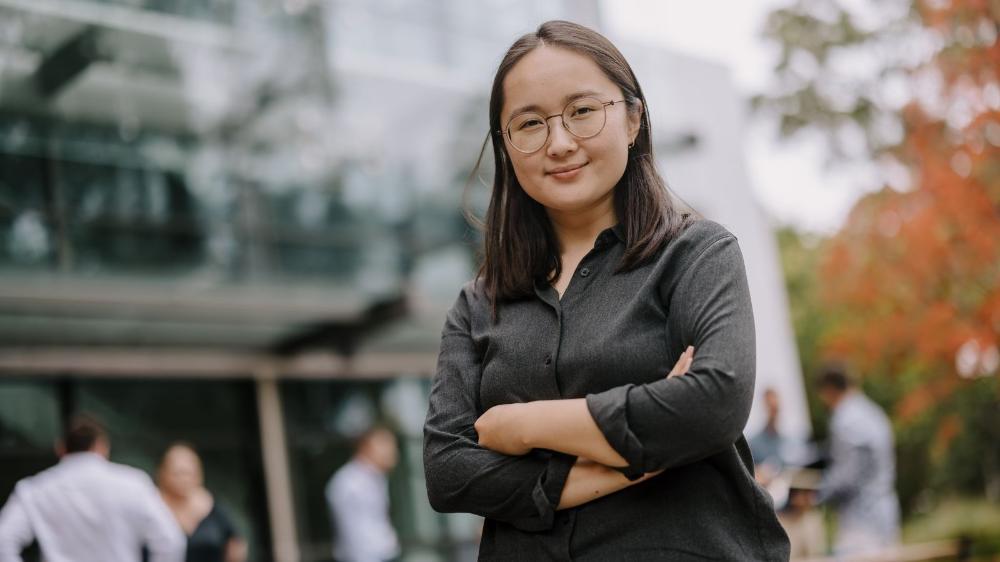
What is your research about?
My research, the SUNRISE Mongolia study, is part of a large international study that involves over 60 countries. It focuses on surveying 24-hour movement behaviours (physical activity, sedentary behaviour, screen time and sleep) in preschool children performed throughout a whole day. Additionally, we are assessing children's motor skills and executive functions to identify the potential associations with their movement behaviours. Notably, the current evidence on movement behaviours stems from high-income countries, and SUNRISE seeks to fill this gap by generating crucial data from low and middle-income countries where the majority of children under five years old live.
Why is this important to you?
Early childhood is a pivotal phase for developing essential physical, motor, social, and cognitive skills. This research holds personal significance as it presents an opportunity to positively impact the health and development of Mongolian children during this critical period. In Mongolia, where children face challenges like air pollution and lack of safe play areas and recreational parks, the importance of researching and creating opportunities for healthy development becomes even more pronounced.
What impact do you hope your research will have once it’s finished?
I hope my research will fill critical knowledge gaps by providing the first data on 24-hour movement behaviours in Mongolian preschool children. The broader goal is to translate global movement guidelines, particularly those from the World Health Organization, into effective policies and practices tailored to the unique context of Mongolia. These outcomes hold the potential to inform public health policies and interventions, addressing emerging issues such as physical inactivity and childhood obesity.
Visit the website for more information about the SUNRISE International study: https://sunrise-study.com/
Amy Hofmeier
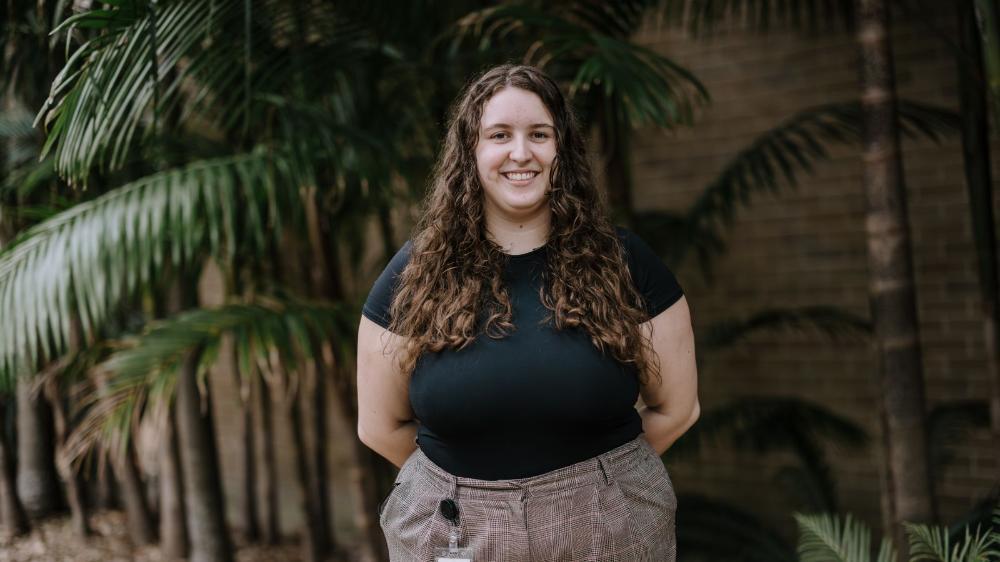
What is your research about?
My research investigates the modern father’s role in early childhood social emotional development through both qualitative interviews and observations of father-child dyads.
We know that having an absent father is associated with poor developmental outcomes and that the quality of fathering matters more than the quantity. However, we do not know how positive paternal behaviours such as sensitivity or autonomy support influence social-emotional development in toddlerhood.
The father’s role within the family requires reassessment due to changing family dynamics including greater prevalence of LGBTQIA+ families, heightened rates of nonmarital childbearing and increased social fathering. Additionally, socialisation of males has manifested into gender stereotyped behaviours, such as mothers engaging more emotional support with their children than fathers.
Why is this important to you?
Dads get a bad rap. I feel passionate about increasing equity within parenting for future generations. I hope that my research demonstrates Dads who are present, involved, and sensitive can have a positive influence on their children’s social emotional development.
What impact do you hope your research will have once it’s finished?
It is anticipated this research will push the narrative that fathers can be sensitive caregivers, hopefully encouraging schools, employers and governments to invest in programs and shift policy to enable fathers to be the involved co-parents they desire to be. This research will identify target behaviours for future interventions promoting healthy father-child interactions and optimal child development.
Lisa Kilgariff
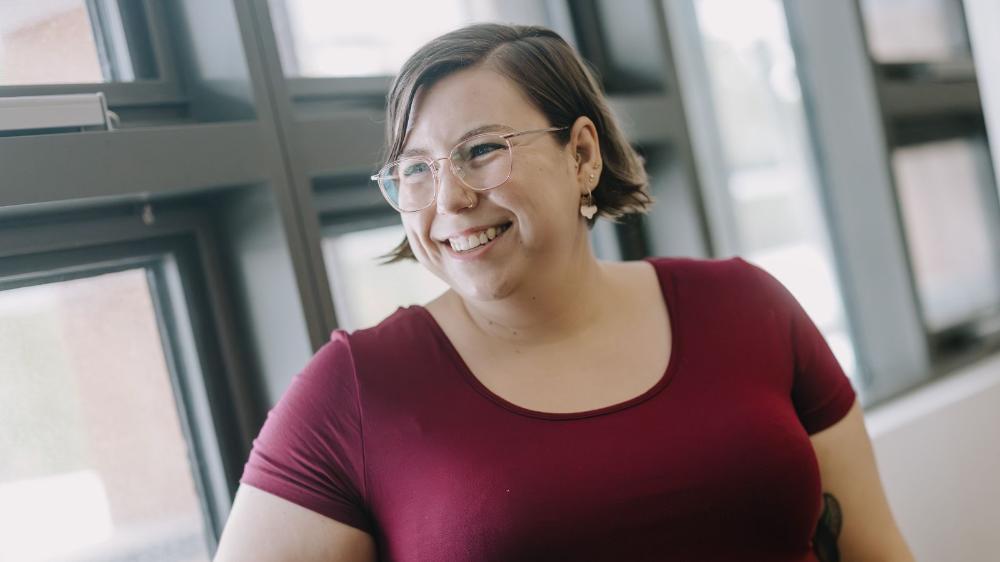
What is your research about?
My research explores the use of digital tools in children’s text production. I invited children to the University of Wollongong’s Children's Technology Play Space (located in the Early Start building) for a series of three child-led workshops. The children were asked to produce a text using an iPad – what that looked like and how they approached the task was completely up to them. By examining the choices the children made and the skills they demonstrated, I am learning about children’s digital text production from children’s perspective and answering the question: What digital, online, media and critical literacy skills do children use as they produce multimodal text?
Why is this important to you?
Children’s voices are often not at the forefront of research conducted on children. In my study, I wanted the children to act as co-researchers as they shared their perspectives and experiences. There are a lot of assumptions made about the skills children use when using digital tools, and most research is done from an adult perspective of children’s production processes. I wanted to center the children and their expertise in digital text production.
What impact do you hope your research will have once it’s finished?
Before moving to Australia, I trained and worked as a secondary English, Social Studies, and Art teacher, so a natural focus for me is the future translation of my research to teaching practice. The Australian Curriculum now includes interaction with multimodal text explicitly at all levels of education. However, many pre-service teachers feel unprepared to include a range of digital, online, media and critical literacy skills in the classroom. The findings from my PhD research will be developed into a series of resources to support teachers in including a variety of digital text production activities in the classroom.
William Tregea
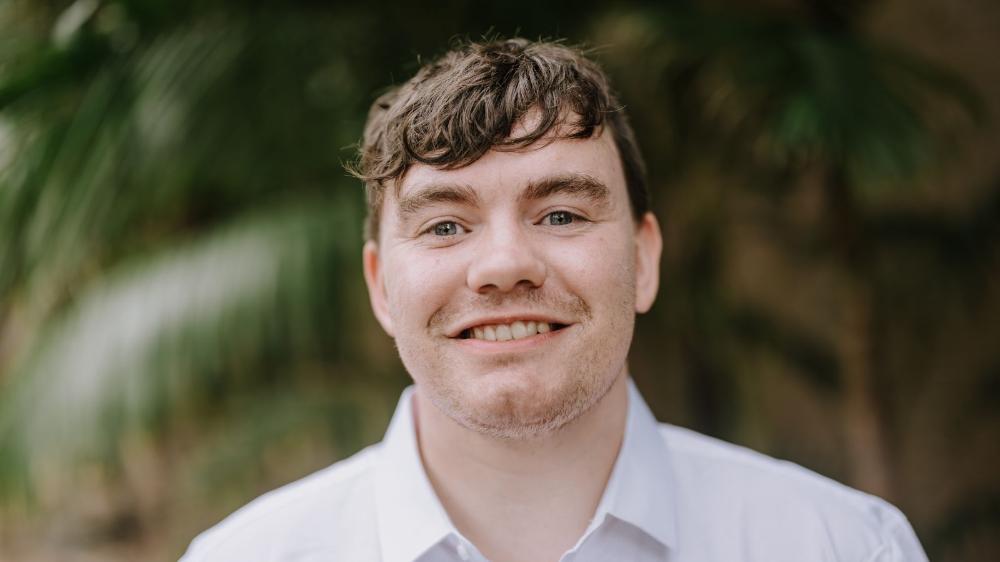
What is your research about?
The Healthy Bytes project aims to understand the prevalence and place of screen or digital technology use in the lives of young children aged 3-5 years and their families in South Western Sydney. The project will involve a broad, population-level survey, a deep-dive into the daily lives of diverse households, and collaboration with caregivers to co-design social marketing strategies that promote healthy screen use among young children. South Western Sydney has a culturally diverse population that faced additional lockdown restrictions during the COVID-19 pandemic and the project will focus on ensuring that future social marketing strategies are informed by the diverse range of community experiences.
Why is this important to you?
I am fascinated by how digital technology continues to become more intertwined with various aspects of daily life and am curious about the implications that follow. Today’s young children are growing up in an ever-changing digital environment. It is important to me that families can foster a healthy relationship with digital technology use that is complimentary to their young children’s development and wellbeing. I am excited about the opportunity to work together with caregivers to gain insight into the best strategies to encourage healthy digital technology use among young children and how to successfully navigate an increasingly digital landscape.
What impact do you hope your research will have once it’s finished?
The NSW Ministry of Health recommends that social marketing approaches be tested to promote healthful behaviours across its communities. Currently, there are very few behaviour change programs that have aimed to promote young children’s healthy digital technology use. I hope that our research will provide valuable insight into the diverse lives of families in South Western Sydney so that both the Healthy Bytes project and future programs are well equipped to provide meaningful strategies for both families and communities as a whole.
Elisabeth Straume Haugland
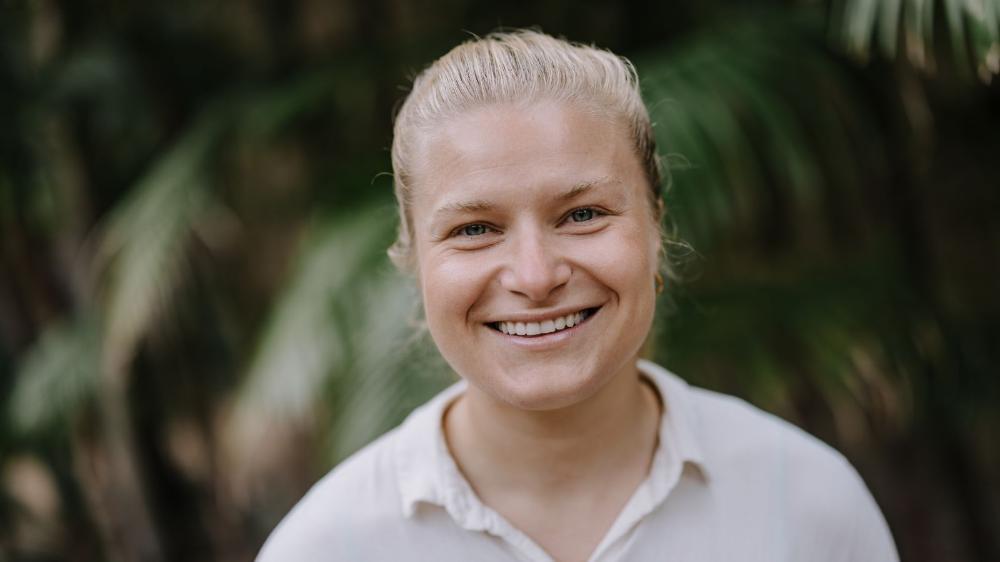
What is your research about?
My research is about preschool children’s fundamental motor skills, physical fitness, and physical activity. I've been part of a large-scale randomised controlled trial which examined how physical activity affected the children’s fundamental motor skills and physical fitness. The project was called ACTNOW – Active Learning Norwegian Preschool(er)s. The intervention focused on professional development of staff, enhancing their competence in promoting physical activity in an enjoyable and motivating manner, and delivering this to the children.
Why is this important to you?
All children deserve the best possible start in life. In Norway, 97 per cent of all 3–5-year-old children attend preschool. This setting is therefore ideal for reaching all children. Knowing the joy physical activity gives me personally, being able to participate and enjoy different physical activities and play is something all children should experience. Moreover, establishing fundamental motor skills in early childhood is important to master more complex movements later in life. This foundation is set in the early years and the children deserve competent staff that understand the importance of facilitating for physically active play to promote holistic child development.
What impact do you hope your research will have once it’s finished?
After seeing the positive impact that ACTNOW had on the intervention preschools, even though our findings were mixed, I hope that we can broadly communicate the results to policymakers and practitioners working with and in preschool settings, making physically active play a greater priority in preschools through enhancing staff competence in promoting physical activity.
Kim Stouse-Lee
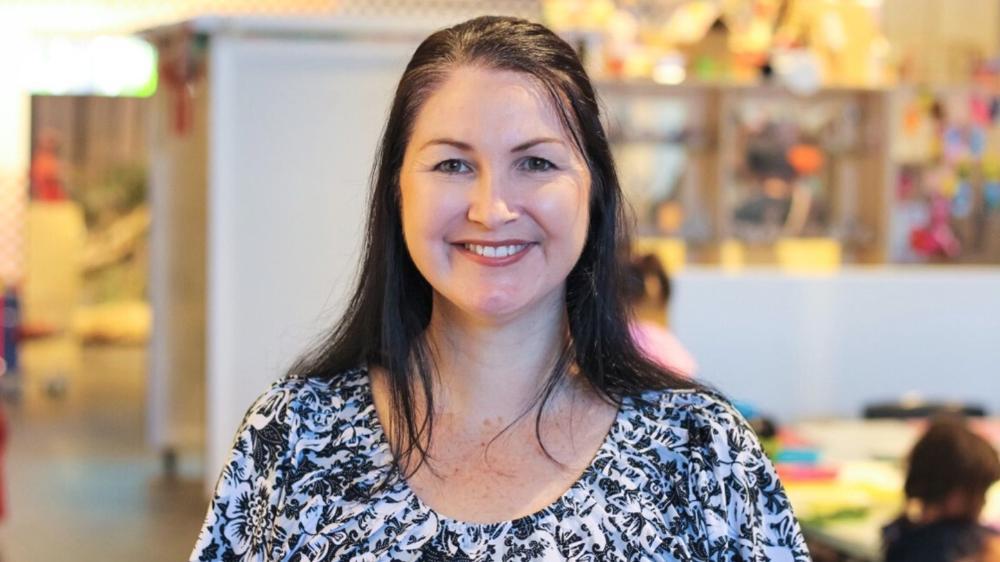
What is your research about?
My research about the positional role of the ‘Educational Leader’ as a mentor in NSW Early Childhood Education (ECE) services. It seeks to understand how ELs approach mentoring with a quantitative survey and three in-depth case studies of practice. EL mentoring is considered relational, thus the perspective of ELs, educators and directors are all considered as critical perspectives. The systems that influence EL mentoring are analysed using an ecological lens to uncover what enables and constrains mentoring practice.
Why is this important to you?
Supporting the quality and capacity of the early childhood sector is important to me as an early childhood teacher who has worked in the sector for over 20 years, mentoring trainees, early career teachers and colleagues. Mentors have also significantly contributed to the development of my professional practices and passion as an early childhood teacher. Mentoring not only matters for the educators in the early childhood setting, but also enhances the quality of experiences for children and families when a positive culture of professional learning is embedded.
What impact do you hope your research will have once it’s finished?
This research will contribute to the further development of a high-quality early childhood workforce sector with a deeper understanding of the role of the educational leader and how they are positioned as a mentor. Insights into what supports and constraints educational leader mentoring at different sites will contribute valuable questions for critical reflection by a variety of stakeholders. There will be implications for policy and organisations in terms of arranging and resourcing the role and prioritising mentoring as a part of the everyday work of educational leaders.
Kate Lewis
What is your research about?
My PhD research sets out to understand how young children are using digital technologies in their homes and with their families. We know that for young children, collaborative and shared use of digital technologies is recommended, but to date, we know very little about what is currently happening in homes. My research utilises a novel methodology to investigate children’s at-home digital experiences. By using chest-mounted video cameras to capture a ‘day in the life’, I was able to gain insight into children’s authentic interactions with digital technologies, as well as the familial interactions that take place in their presence.
Why is this important to you?
As someone who did not grow up in the era of smartphones and tablets, and as a parent of three young boys, I recognise the challenges parents face in navigating the digital world. Like many parents, I firmly believe in children’s rights to access and their desire to engage with digital technologies, but also recognise the importance of offering digital opportunities that are meaningful and supportive of healthy child development. Understanding what is currently happening in children’s homes is a critical first step towards determining how parents can leverage the power of digital technologies to support, rather than hinder, their child’s development.
What impact do you hope your research will have once it’s finished?
By providing a nuanced understanding of young children’s at home digital experiences, this research will have important implications for informing efforts and guidance for parents. My hope is that this research will help to support parents in becoming well-informed about the opportunities of digital technologies, and to feel empowered to offer their children digital opportunities that are meaningful and supportive of healthy childhood development.
Natalie Day
What is your research about?
My PhD project is a parent-based children’s self-regulation intervention called Partners in Play (PiP). Across eight weeks I shared knowledge about self-regulation development with parents of pre-school aged children, and taught them strategies that help to nurture early self-regulation development. Parent-child play is a great place where parents can observe their child’s capacity for challenge, and I leveraged this context to teach parents when and how to use specific tools to guide children through instances of challenge. We know that children may become frustrated when things get too hard or may want to give up, and the program I developed coached parents to support their children’s problem-solving through prioritising their autonomy.
Why is this important to you?
Children experience a huge amount of cognitive growth between 3-5 years of age, their brains are like sponges, and it’s what we do as adults that impacts children’s cognitive development. As parents we’re inundated with various sorts of information about how to raise healthy children, yet there is very little guidance out there for parents to develop the skills and knowledge so that they may support their child’s cognitive development. I trained as a secondary-school teacher to improve children’s life chances, to support their learning and development, and this runs through into my research. Often, children have little choice and ownership in their daily lives - my research prioritises children in their play so that they can make meaningful decisions and be flexible thinkers in problem solving– a skill that they can carry beyond pre-school into adulthood.
What impact do you hope your research will have once it’s finished?
I’m in the final stages of my PhD now, and the feedback from the parents who took part in my project is really heart-warming. It means a lot to me that the program is making a difference to families. Through using PiP strategies, parents have shared how well their children cope with times of challenge and are more independent and confident when something gets tricky. While my research was with parents, the tools and strategies can be used by any adult who is in the lives of children, and one of the parents in my project actually took the skills she had learnt into her classroom with older children. I’d love to work more with educators so that more children over time are exposed to quality adult guidance for their self-regulation development.